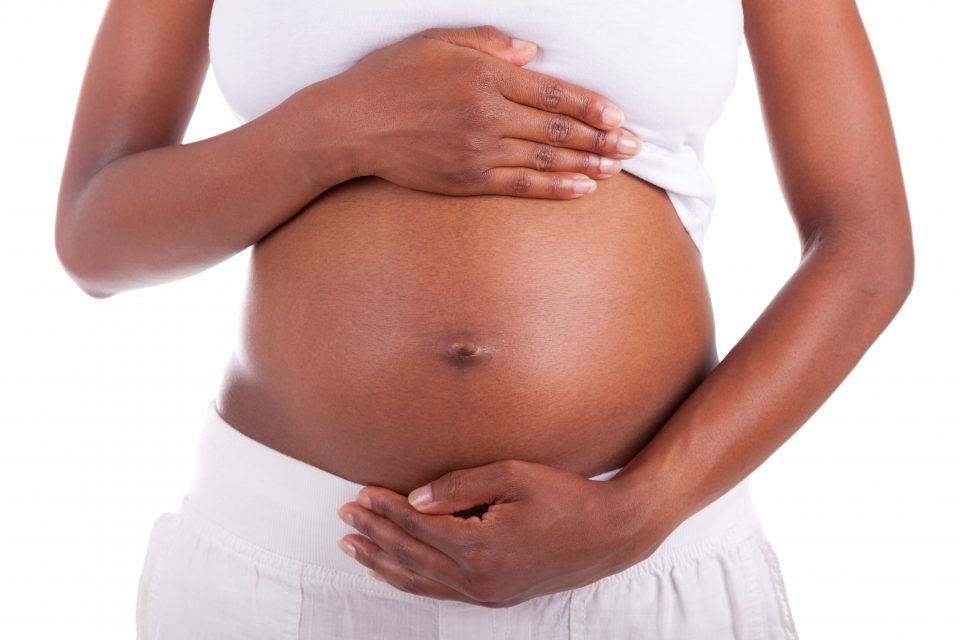
The recent passage of the state of Georgia’s “Heartbeat Abortion Bill,” known as HB 481, is sending shock waves across the United States and is regarded as one of the most restrictive anti-abortion bills in the country.
While some are heralding the law as a protection for the unborn, it is also being widely reviled by women’s reproductive rights groups. Although the law is specific about when an abortion is legal in Georgia, it also opened up a host of other issues that will result in the criminalization of miscarriages and impact socioeconomic groups across the racial spectrum.
The law states that if a fetal heartbeat is detected at six weeks, that fetus is then declared a person in the state of Georgia. Specifically, the law states that “unborn children are a class of living, distinct person” that deserves “full legal recognition.” Thus, Georgia law must “recognize unborn children as natural persons” as a legal rule.
Here are a few issues that many are finding troubling with the new law:
1. An expectant mother can now ask for child support from a man who impregnated her at the first sign of a fetal heartbeat. Failure to pay child support in the state of Georgia may also constitute a criminal offense, punishable by imprisonment. So, teen pregnancies could cause a legal nightmare for a teen father. In addition, current Georgia law can make the grandparents of the unborn child responsible for child support when the father or mother is a minor.
2. Expectant mothers in Georgia prisons can sue on behalf of their unborn child because the fetus is technically innocent and being held against their will by the state. The state has not determined how juvenile justice laws will be applied in this case. So, when the law takes effect in January 2020, thousands of fetuses will be held illegally in Georgia jails.
3. Doctors in Georgia who provide an abortion once a fetal heartbeat is determined are subject to a conspiracy to murder charge.
4. A woman who miscarries is subject to possible interrogation by law enforcement to determine if she caused the miscarriage. This can mean women who may have used drugs, legal or illegal, or who drank alcohol and subsequently miscarried could face imprisonment.
5. If a woman has an abortion out of state to avoid the Georgia law, she can be charged with second-degree murder in Georgia.
This opens up issues that not only affect adults in Georgia but also teens who are expecting a child. Starting in 2020, teens of color may find themselves criminalized because of an unwanted pregnancy. According to the Centers for Disease Control and Prevention in Atlanta, the most recent data on teen pregnancy shows that “in 2017, the birth rates for Hispanic teens (28.9 per 1,000) and non-Hispanic Black teens (27.5) were more than two times higher than the rate for non-Hispanic White teens (13.2). ”
Georgia state officials could soon face a host of issues and find the constitutionality of the new abortion law argued before the U.S. Supreme Court.















